ASPIRIN/ACETAMINOPHEN/CAFFEINE - ORAL
PHONETIC PRONUNCIATION: (AS-pir-in/a-SEET-a-MIN-oh-fen/KAF-een)
COMMON BRAND NAME(S): Excedrin, Genaced
GENERIC NAME(S): aspirin/acetaminophen/caffeine
Uses
USES: This product is a combination of aspirin, acetaminophen, and caffeine. It is used for the temporary relief of pain from conditions such as muscle aches, toothaches, menstrual cramps, or headaches (including migraine). Aspirin and acetaminophen relieve pain by keeping your body from making certain natural substances. Caffeine helps increase the effects of aspirin and acetaminophen.
How to use ASPIRIN/ACETAMINOPHEN/CAFFEINE - ORAL
HOW TO USE: See also Warning section. If you are taking the over-the-counter product to self-treat, read all directions on the product package before taking this medication. If you have any questions, consult your pharmacist. If your doctor has prescribed this medication, take it as directed. Take this medication by mouth as directed by your doctor, or follow the product package directions. Drink a full glass of water (8 ounces/240 milliliters) with this medication unless your doctor directs you otherwise. If you are using the tablet form of this medication, do not lie down for at least 10 minutes after you have taken this drug. If upset stomach occurs, you may take it with food or milk. The dosage is based on your medical condition and response to treatment. Do not increase your dose or use this drug more often or for longer than directed. Do not use this product for pain lasting longer than 10 days or fever lasting more than 3 days. Use the smallest effective dose. Consult your doctor or pharmacist for more information. If you are taking this drug "as needed" (not on a regular schedule), remember that pain medications work best if they are used as the first signs of pain occur. If you wait until the pain has worsened, the medication may not work as well. If you are taking this product for headache, seek immediate attention if you also have: slurred speech, weakness on one side of the body, sudden vision changes. Before using this product, consult a doctor or pharmacist if you have: daily headaches; your first headache after age 50; a headache that is more severe or different from your usual headaches; headaches caused by head injury, coughing or bending; a headache with persistent/severe vomiting, fever and stiff neck. Consult your doctor or pharmacist if your migraine headache is not relieved, or if it worsens after the first dose. If you are using drugs for migraine attacks on 10 or more days each month, the drugs may actually make your headaches worse (medication overuse headache). Do not use medications more often or for longer than directed. Tell your doctor if you need to use this medication more often, or if the medication is not working as well, or if your headaches get worse. Consult your doctor if your condition persists or worsens (e.g., new or unusual symptoms, redness or swelling of the painful area, pain or fever that does not go away or gets worse).
Side Effects
Precautions
Interactions
Overdose
Images
Reviews
Faq for ASPIRIN/ACETAMINOPHEN/CAFFEINE - ORAL
Aspirin/acetaminophen/caffeine - oral is a combination medication used to relieve pain and reduce fever. It contains three active ingredients: aspirin (a nonsteroidal anti-inflammatory drug), acetaminophen (a pain reliever and fever reducer), and caffeine (a stimulant).
Aspirin/acetaminophen/caffeine - oral works by reducing inflammation, relieving pain, and lowering fever. Aspirin and acetaminophen both inhibit the production of certain chemicals in the body that cause pain and fever, while caffeine can enhance the effects of these drugs.
Aspirin/acetaminophen/caffeine - oral is commonly used to treat headaches (including migraines), muscle aches, toothaches, menstrual cramps, and minor aches and pains associated with common colds and flu. It can also be used as a temporary relief for arthritis pain.
Follow the instructions provided by your doctor or the medication label. Typically, you should take the medication with a full glass of water. If you experience stomach upset, you can take it with food or milk. Do not exceed the recommended dosage or take it more frequently or for longer than directed.
Common side effects may include stomach upset, heartburn, nausea, vomiting, headache, dizziness, and drowsiness. More serious side effects can include allergic reactions, liver damage (especially with high doses of acetaminophen), and stomach bleeding (particularly with long-term use of aspirin).
It is important to talk to your doctor or pharmacist before taking any other medications while using aspirin/acetaminophen/caffeine - oral. Some medications may interact negatively with this combination, including blood thinners, certain antidepressants, and other pain relievers. It is crucial to disclose all your current medications to ensure there are no potential interactions.
This medication may not be suitable for everyone. It should be avoided or used with caution in individuals with certain medical conditions, such as asthma, bleeding disorders, liver or kidney disease, ulcers, heart problems, or high blood pressure. Pregnant or breastfeeding women should consult with their healthcare provider before using this medication.
The onset of action can vary from person to person, but typically the effects of aspirin/acetaminophen/caffeine - oral can be felt within 30 minutes to an hour after taking it.
Yes, this medication is effective in reducing fever. However, if your fever persists for more than a few days or worsens, it is recommended to consult with a healthcare professional.
Warning
WARNING: One ingredient in this product is acetaminophen. Taking too much acetaminophen may cause serious (possibly fatal) liver disease. Adults should not take more than 4000 milligrams (4 grams) of acetaminophen a day. People with liver problems and children should take less acetaminophen. Ask your doctor or pharmacist how much acetaminophen is safe to take. Do not use with any other drug containing acetaminophen without asking your doctor or pharmacist first. Acetaminophen is in many nonprescription and prescription medications (such as pain/fever drugs or cough-and-cold products). Check the labels on all your medicines to see if they contain acetaminophen, and ask your pharmacist if you are unsure. Get medical help right away if you take too much acetaminophen (overdose), even if you feel well. Overdose symptoms may include nausea, vomiting, loss of appetite, sweating, stomach/abdominal pain, extreme tiredness, yellowing eyes/skin, and dark urine. Daily alcohol use, especially when combined with acetaminophen, may damage your liver. Avoid alcohol.
Disclaimer
IMPORTANT: HOW TO USE THIS INFORMATION: This is a summary and does NOT have all possible information about this product. This information does not assure that this product is safe, effective, or appropriate for you. This information is not individual medical advice and does not substitute for the advice of your health care professional. Always ask your health care professional for complete information about this product and your specific health needs.

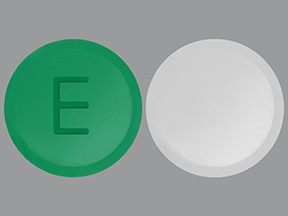
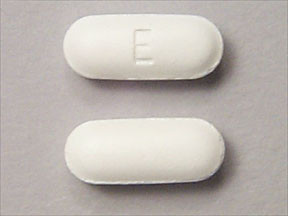
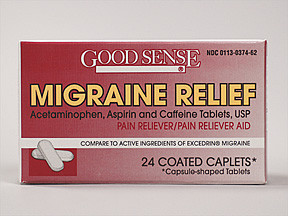
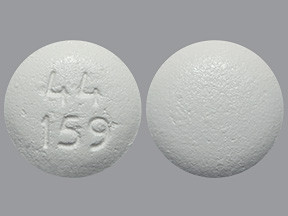
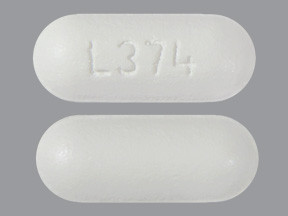
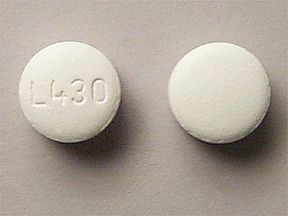
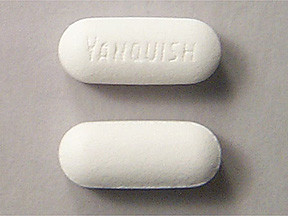
For Aches and Pains: Use this for everyday aches and pains. helps..
By Rich on 13 Jun, 2019